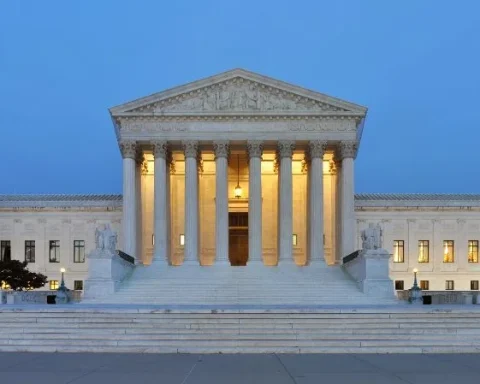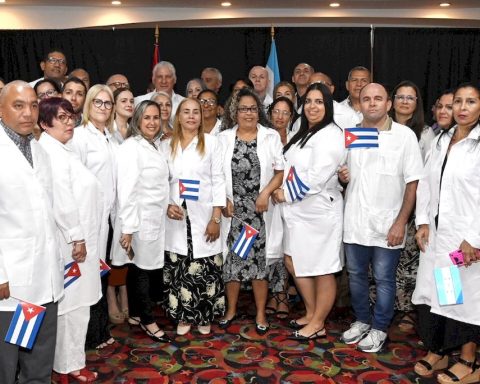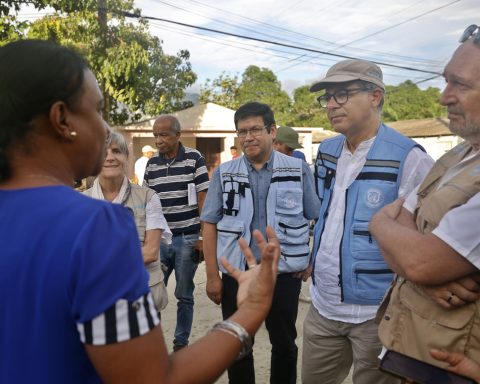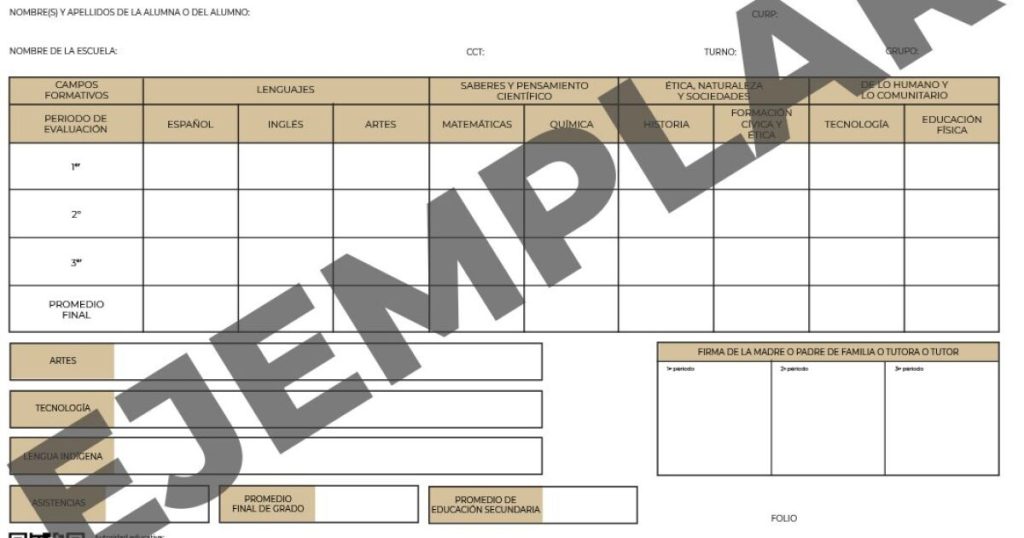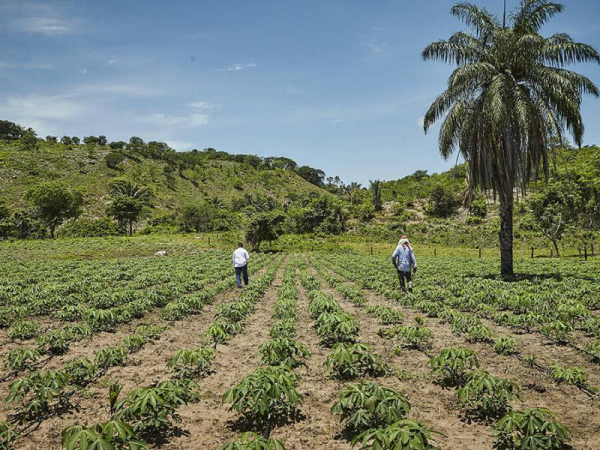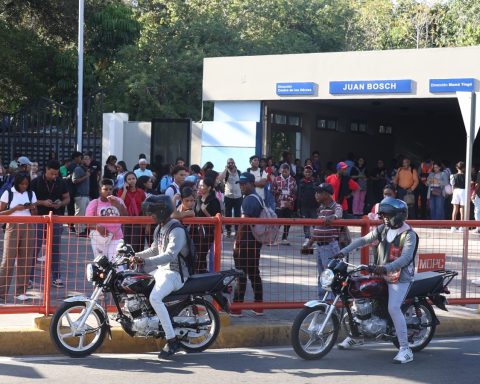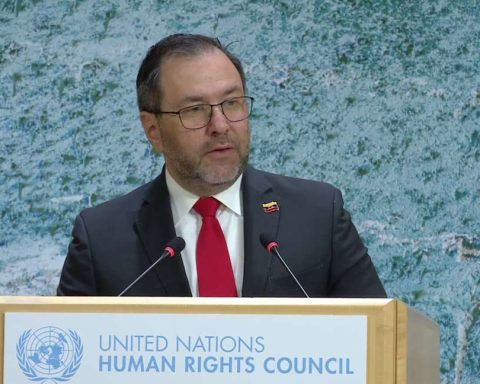One month after the digital publication Following the draft legislation and an avalanche of opinions, questions, analyses and official explanations, the new Migration Law was approved this Friday by the Cuban parliament.
Following a presentation and prior debate during the work in committees, the island’s deputies gave the expected approval to the legislation, which has among its novelties the elimination of the 24-month stay abroad to be considered an “emigrant,” a category that will remain only for those who were already so before the law was approved and that can be changed at their will.
Another new aspect —and generator of doubts and controversies— is the condition of effective resident on the island, intended for those who spend more than half a calendar year in the country or, with a shorter stay, have “evidence” of “roots” in the country.
Following popular questions and parliamentary exchanges on the matter, this must be reflected more clearly in the finally approved version and its regulations, as he explained days ago José Luis Toledo Santander, President of the Constitutional and Legal Affairs Committee of the National Assembly.
Among the manifestations of “roots in the country,” not required of residents abroad and advanced prior to the presentation of the law in parliament, the deputy mentioned maintaining a home and a family in Cuba, fulfilling tax obligations and being linked to one of the country’s organizations.
Likewise, according to Toledo Santander, the reformulation of the project now supported by the legislators established that “once the effective residency has been acquired, if the person maintains the conditions under which it was granted, he or she maintains it and does not have to make any further changes.”
Migration Law: “Popular participation will have a direct impact on the final version”
Properties, investments, inflows and outflows
Following the draft of the Immigration Law, one of the aspects that generated the most concern was that of the properties and inheritances of people who no longer reside in Cuba. After several official explanations, these doubts seem to have been settled with the confirmation of these rights by the authorities.
In this regard, according to Toledo Santander, “it was decided to include an article where it is made clear that Cuban citizens residing abroad, in accordance with article 58 of the Constitution of the Republic, have the right to use, enjoy and freely dispose of the property of their property established in the national territory, in accordance with what the law states.”
This had previously been “categorically” confirmed by First Colonel Mario Méndez Mayedo, Head of the Directorate of Identification, Immigration and Foreigners of the Ministry of the Interior (Minint).
“No one loses their home, their car, or property for being a resident abroad. The law does not say that and we confirm that no one loses it. We are categorical about that,” had said at a press conference on the new legislation.
Another issue that has attracted media attention is the possibility of granting Cuban residency to investors on the island, for whom a new immigration category has been created in line with the government’s intention to offer “immigration solutions” in the context of the “new economic model.”
The fact that the authorities have been given the green light to prohibit certain people from entering or leaving the country for “reasons of national defence and security”, “hostile actions” against the State, or – in the specific case of departures – for “lacking the required authorisation” as highly valued qualified workers for the country, in order to “guarantee the security and protection of official information” and even for “public interest” has also caused controversy.
Immigration, Citizenship and Foreigners Laws in Cuba: Some Key Points and Questions
Other aspects
In addition to the above, the law establishes the immigration categories and classifications of foreigners, while explaining that those born on the island who renounce Cuban citizenship, once said renunciation has been approved, will be “considered foreigners and consequently are subject to the provisions of this Law, the Immigration Law and its respective regulations.”
Those who do so “cannot identify themselves in Cuba as Cuban citizens, and for the purposes of entering and leaving the country are subject to the presentation of the corresponding foreign passport, visa requirements and the corresponding travel documents.”
The law also establishes the immigration rights of Cuban and foreign citizens, regulates the procedures, passports and conditions for entry and exit from the national territory.
It also includes a section on human trafficking and migrant smuggling, and another on immigration measures and sanctions.
The new Migration Law is part of the “legislative update” underway in Cuba following the entry into force of the current Magna Carta in 2019 and its approval takes place in the midst of the wave of migration that the island has suffered in recent years, spurred by the prolonged and severe economic crisis.
The authorities have defended it as part of the adaptation of the Cuban legal system to the current situation in the country and in line with the intention of “regulating the Cuban migration process, under a systemic condition of development” and “achieving regular, orderly and safe migration, in accordance with the Constitution.”
As previously explained, the law must come into force 180 days after it is officially approved by the parliament, as part of the legislative package presented in the current sessions of the National Assembly and which also includes the parallel laws on Citizenship and Immigration, and others such as Transparency and Access to Public Information, and the Administrative Procedure Law.


